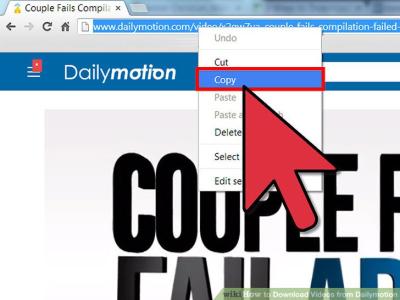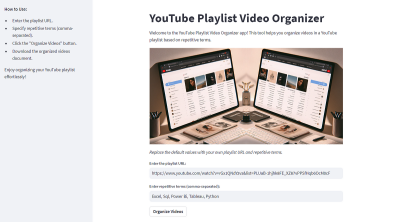Have you ever experienced a strange rumbling sensation in your car while it's idling? You're not alone! Many drivers encounter this issue, and it can lead to concerns about your vehicle’s health. Understanding the phenomenon is the first step to addressing it. When we talk about car rumble at idle, we refer to a vibrating or shaking feeling that occurs when your car is stationary, typically at a stoplight or in traffic.
This rumble can be more than just an annoyance; it might indicate underlying problems. Various factors contribute to how your car behaves when it’s idling. In some cases, it might be a simple side effect of the engine's operation, but in others, it could mean there's something that needs your attention. By paying attention to how your car sounds and feels, you can catch potential issues early. Let’s dive deeper into what causes this rumble and how you can find solutions!
Common Causes of Car Rumble When Idle
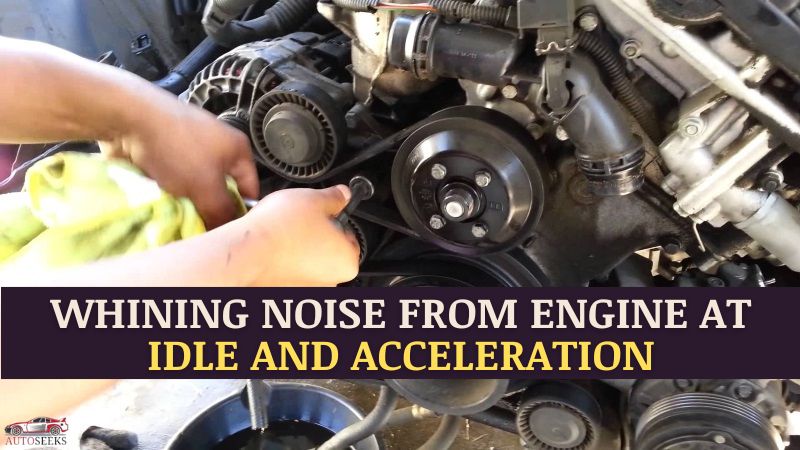
Now that we understand what car rumble at idle is, it's essential to pinpoint its common causes. Diagnosing the issue early can save you from more significant repairs down the line. Here’s a rundown of some typical culprits:
- 1. Engine Misfire: One of the most frequent reasons for rumbling is an engine misfire. This can happen due to faulty spark plugs, fuel injectors, or ignition coils, causing the engine to run unevenly.
- 2. Idle Air Control Valve (IACV) Problems: The IACV manages the engine's idle speed. If it's dirty or malfunctioning, it can cause an unstable idle and a noticeable rumble.
- 3. Worn Engine Mounts: Engine mounts secure the engine to the frame of the car. If these mounts become worn or damaged, you may feel excessive vibrations, especially when the engine is running at idle.
- 4. Vacuum Leaks: A vacuum leak in the intake system can lead to an improper air-fuel mixture, which can cause rough idling and vibrations.
- 5. Faulty Exhaust System: An issue in the exhaust system, like a leak or a malfunctioning catalytic converter, can create rumbling sounds and vibrations at idle.
- 6. Fuel Quality Issues: Poor-quality fuel can lead to incomplete combustion, causing the engine to vibrate. Regularly using high-quality fuel can prevent this issue.
- 7. Transmission Problems: Sometimes, a rumble may stem from transmission issues. If the automatic transmission is struggling to engage or disengage properly, it can create noticeable vibrations.
If you're experiencing any of these issues, consider trying some simple troubleshooting steps before heading to a mechanic. Here are a few actions you might take:
- Check and replace spark plugs if necessary.
- Inspect and clean the IACV.
- Examine engine mounts for wear or damage.
- Look for any visible signs of vacuum leaks or hissing sounds.
- Ensure your fuel is of high quality and consider adding fuel system cleaners as a preventative measure.
Of course, if you’re not comfortable with diagnosing the issues yourself or if these self-diagnosis methods don’t yield results, don’t hesitate to consult a professional mechanic. Addressing car rumbles early can help you avoid bigger problems and keep your vehicle operating smoothly.
Also Read This: How Many Views Do You Need to Get Paid on Rumble? A Guide to Monetization
3. How Engine Issues Affect Idle Performance
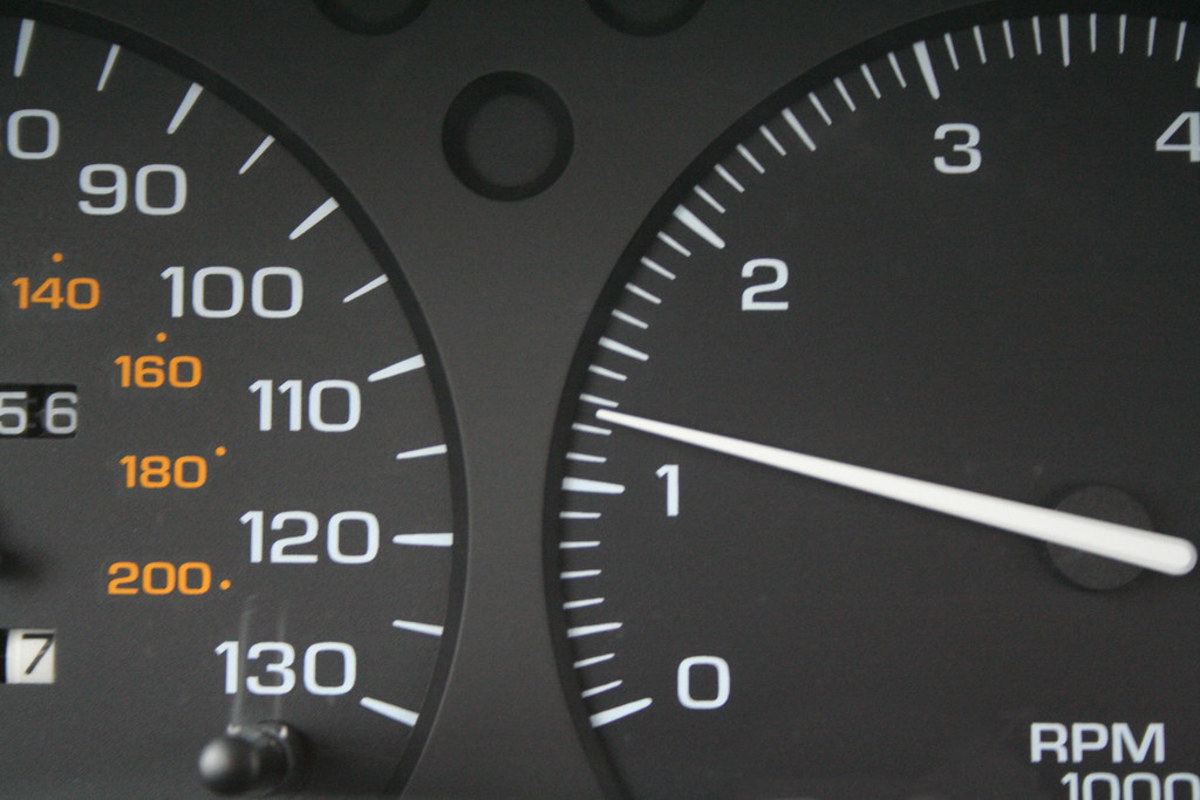
When it comes to the performance of your vehicle, the engine is the heart that keeps everything ticking smoothly. If you've been experiencing a rumble or vibration while your car is idling, it's essential to consider the possibility of underlying engine issues. Here are some common engine-related problems that can affect idle performance:
- Misfiring Cylinders: When one or more cylinders in the engine fail to fire correctly, it can cause an uneven idle. This misfire can result from worn spark plugs, faulty ignition coils, or even poor fuel delivery.
- Vacuum Leaks: A vacuum leak occurs when extra air enters the engine, disrupting the air-fuel mixture. If this imbalance happens, you'll notice a rough idle—a telltale sign of a potential problem!
- Dirty Fuel Injectors: Fuel injectors are crucial for delivering the right amount of fuel to the engine. If they become clogged or dirty, the engine may struggle to maintain a steady idle.
- Low Engine Compression: If there's an issue with the compression in the engine cylinders, it can hinder performance and cause vibrations at idle. This problem often indicates a more serious issue, such as worn piston rings or cylinder head damage.
Regular maintenance can often prevent these engine issues. Make sure to keep an eye on your vehicle's performance and get your engine checked if you notice any unusual behavior. Spark plugs, filters, and other components should be replaced as recommended to keep everything running smoothly.
In summary, engine-related issues can significantly contribute to a car rumbling at idle. So, if you find yourself shaking in your seat during that red light, it might be time to pop the hood—or better yet, consult a professional mechanic to get to the root of the problem!
Also Read This: How Much Is Rumble Stock Worth and What’s the Current Market Value?
4. Potential Exhaust System Problems
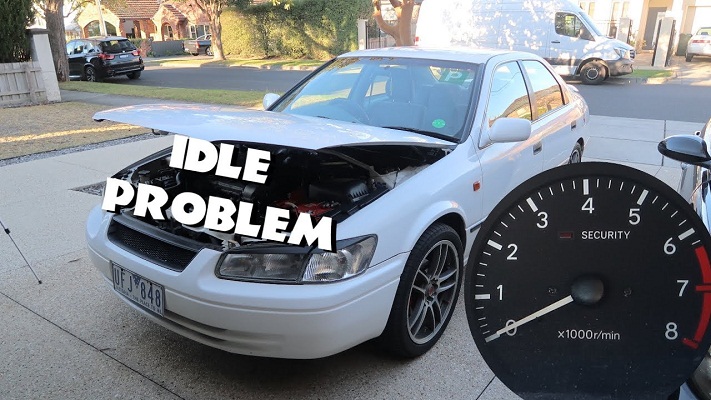
One area many drivers overlook when diagnosing an idling rumble is the exhaust system. It's easy to dismiss any noises as merely part of how your vehicle operates; however, a malfunctioning exhaust system can lead to obnoxious and concerning sounds. Here’s a breakdown of some common exhaust system problems that can lead to a rough idle:
- Exhaust Leaks: A small crack or hole in the exhaust system can produce a loud rumble, particularly at idle. This leak can also alter the sound of your engine, creating a more aggressive tone.
- Clogged Catalytic Converter: The catalytic converter is responsible for reducing harmful emissions. If it becomes clogged, it can restrict exhaust flow, leading to back pressure and a rough idle.
- Faulty Muffler: A damaged or failing muffler can create excessive vibrations and noise. If your muffler has holes or is disconnected at any point, this might be the source of your idle rumble.
- Worn Mounting Points: Exhaust pipes should be securely mounted to prevent movement. If mounting points wear out or break, you might hear rumbling noises at idle as the exhaust system vibrates against the undercarriage of the car.
It’s essential to address exhaust system issues not just for comfort but for safety as well. Exhaust leaks can lead to harmful gases entering the cabin, which can be dangerous.
In conclusion, don't ignore that rumble at idle! It could point to an exhaust system issue. Getting your exhaust checked by a professional can save you from more significant problems down the road. Trust me; your car—and your ears—will thank you!
Also Read This: Has The Miz Won a Royal Rumble? A Look at His Rumble Record
5. Effects of Idle Air Control Valve Malfunction
Have you ever noticed your car shaking or rumbling while at a stoplight or in traffic? One potential culprit for this issue could be a malfunctioning Idle Air Control (IAC) valve. This small but mighty part plays a crucial role in controlling the amount of air that enters the engine when you're idling. When it malfunctions, it can lead to some annoying and potentially serious symptoms.
Here are some effects you might experience if your IAC valve isn't working correctly:
- Rough Idling: If your engine feels like it's shaking or vibrating more than usual when at rest, it's often due to the IAC valve not allowing the proper amount of air into the engine.
- Stalling: A faulty IAC can lead your engine to struggle when idling, which might cause it to stall out unexpectedly. This can be incredibly frustrating and even dangerous if it happens in traffic.
- Increased RPMs: In some cases, a malfunctioning IAC valve can cause your RPMs to be higher than normal even when you’re not pressing the accelerator. This can be both a nuisance and can waste fuel.
- Check Engine Light: A diagnostic trouble code related to the IAC valve may trigger the check engine light, indicating an issue is present in your vehicle.
If you suspect your IAC valve is the problem, it's wise to have it checked out. Often, a good cleaning can fix the problem, but in some cases, replacement might be necessary. Addressing this issue not only improves your car’s performance but also enhances fuel efficiency and prevents more severe engine problems down the line.
Also Read This: Does the Wavebird Have Rumble? A Detailed Examination of the Wavebird Controller
6. Impact of Fuel System Issues on Engine Idle
When it comes to your car's performance, the fuel system is one of the essential components that keeps everything running smoothly. So, if you're facing rumbling at idle, it’s worth considering if your fuel system is contributing to the problem. Fuel system issues can manifest in various ways, affecting not just how your engine performs at idle, but also its overall efficiency.
Here are some common fuel system-related issues that can cause your engine to rumble while idling:
- Clogged Fuel Injectors: Over time, deposits can build up in your fuel injectors, leading to uneven fuel flow. This can cause rough idling and decrease overall engine performance.
- Dirty Fuel Filter: Like a filter in a home, your fuel filter can get clogged over time. This blockage can restrict fuel flow, leading to poor engine performance and an unstable idle.
- Fuel Pump Problems: A malfunctioning fuel pump can struggle to deliver fuel at the proper pressure, leading to inconsistent fuel flow that can manifest as a rumble when idling.
- Fuel Quality: Poor-quality fuel or fuel with additives that don’t mix well can cause a host of problems. Using high-quality fuel is essential for maintaining your engine's health and smooth idling.
If you suspect fuel system issues are affecting your idle, here are a few steps you can take:
- Try using a fuel system cleaner to help remove carbon deposits from injectors.
- Replace the fuel filter if you haven't done so in a while.
- If problems persist, consider having the fuel pump and injectors professionally evaluated.
By addressing fuel system issues promptly, you can enjoy smoother engine performance and avoid more significant repair costs down the road. After all, a well-running car makes for a much more pleasant driving experience, especially when you're waiting at a red light!
Also Read This: Can You Get Rumble on Smart TV How to Access Rumble on Your Smart Device
7. Diagnosing and Fixing Rumble: Step-by-Step Guide
Diagnosing and fixing a car rumble can initially feel daunting, but with a little guidance, you can tackle the issue head-on. Here's a step-by-step guide to help you through the process:
Step 1: Listen and Identify
First things first: pay attention to when the rumble happens. Is it when the car is in gear, or does it occur even when you're idling? Take note of the frequency and intensity.
Step 2: Check the Engine Mounts
Worn or damaged engine mounts are a common culprit for rumbling noises. These mounts are what holds your engine in place. To check:
- Open the hood while the engine is running.
- Look for excessive movement or vibrations.
- Tap or gently shake the engine to see if it feels loose.
If you notice any issues, replacing the engine mounts may be necessary.
Step 3: Inspect Exhaust Components
Exhaust leaks can create a rumbling sound that may be mistaken for engine problems. To check for an exhaust issue:
- Start the engine and listen for any hissing or popping sounds.
- Inspect the exhaust pipes and joints for visible cracks or holes.
- Check for rust or damage around the muffler.
If you identify any leaks, repairing or replacing the damaged sections can alleviate the rumble.
Step 4: Examine the Fuel System
A malfunctioning fuel system can lead to irregular idling and rumbling noises. Follow these steps:
- Check the fuel filter for clogs.
- Inspect the fuel injectors for dirt or wear.
- Consider adding a fuel system cleaner to treat minor issues.
If problems persist, a thorough cleaning or replacement of the fuel injectors may be required.
Step 5: Evaluate Vibration from Tires
Sometimes, the source of a rumble can be traced back to the tires. Ensure the following:
- Check tire pressure and inflate them to proper levels.
- Look for signs of uneven wear.
- Ensure the tires are balanced properly.
Replacing or rotating the tires can often resolve rumbling due to poor tire condition.
Step 6: Seek a Second Opinion
If you've gone through these steps and the rumble persists, it might be wise to consult with a professional mechanic. They can conduct a more in-depth diagnosis with specialized tools.
Also Read This: Can I Get Rumble on My TV? Ways to Stream Rumble Content on Your Television
8. When to Seek Professional Help for Car Rumble
While DIY diagnostics can often pinpoint the source of a rumble, there are certain situations where it’s best to consult with a professional.
Don’t Ignore Serious Symptoms
If you hear a rumble accompanied by other concerning sounds, such as clunks or bangs, it’s time to seek professional help. These additional sounds can indicate more serious mechanical problems that could worsen over time.
Persistent Rumble Despite DIY Efforts
If you’ve gone through our step-by-step guide and still experience the rumble, don’t hesitate to seek a mechanic’s expertise. Professional mechanics have tools and diagnostic equipment that can identify issues that might be missed during a basic inspection.
True Safety Concerns
Any noise that could impact your safety is a serious concern. If the rumble is causing your car to vibrate excessively or if you're feeling a loss in power while driving, contact a professional immediately. Safety should always be your top priority!
Make Use of Warranty or Service Plans
If your vehicle is still under warranty, or if you have a service plan, now is the perfect time to utilize those benefits. Getting repairs done within warranty can save you significant money and ensure that the repair meets manufacturer standards.
Peace of Mind
Lastly, if you are feeling uneasy or unsure about your diagnosis, getting a second opinion from a qualified mechanic can provide peace of mind. Remember, it’s always better to be safe than sorry when it comes to vehicle maintenance.
In conclusion, addressing a car rumble at idle doesn’t have to be a headache. With proper diagnostics and maintenance, many issues can be resolved quickly. Know your limits, and don’t hesitate to reach out when in doubt! Your car deserves the best care, and so do you as its driver.
Preventive Measures to Avoid Rumble at Idle
Experiencing a rumble at idle can be frustrating and may indicate underlying issues with your vehicle. However, there are several preventive measures you can take to minimize the chances of this problem occurring in the first place:
- Regular Maintenance: Schedule routine checks and maintenance for your vehicle. This includes oil changes, filter replacements, and fluid checks.
- Inspect Engine Components: Regularly examine key engine components, such as:
- Spark plugs
- Fuel injectors
- Vacuum hoses
- Check for Exhaust Leaks: Have your exhaust system inspected to ensure there are no leaks, which can contribute to rumbling noises.
- Monitor Engine Mounts: Worn or damaged engine mounts can cause excessive vibrations. Get them checked periodically to ensure they are in good condition.
- Fuel Quality: Use high-quality fuel from reputable sources to prevent fuel-related issues that might lead to a rough idle.
Implementing these preventive measures not only reduces the risk of rumble at idle but also contributes to the overall performance and longevity of your vehicle. Keeping your engine healthy is essential for smooth operation.
In conclusion, by being proactive with maintenance and inspections, you can significantly decrease the chances of experiencing rumble at idle and enjoy a smoother driving experience.
 admin
admin





